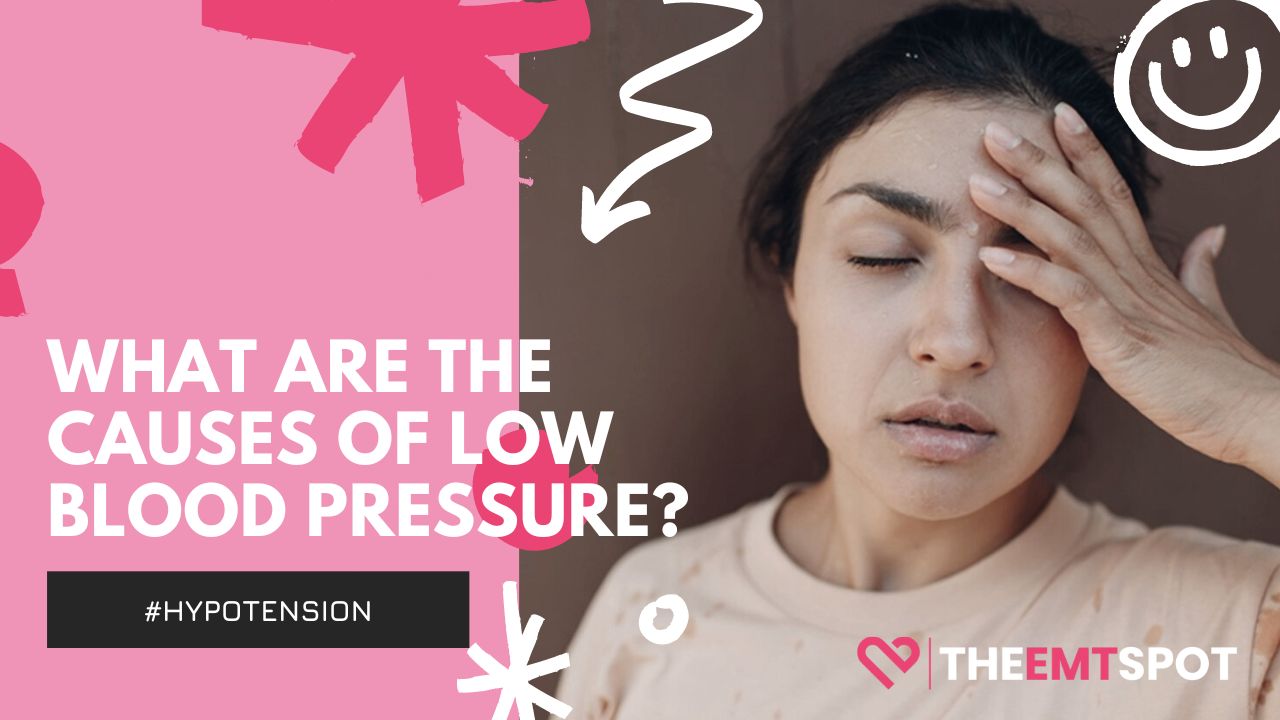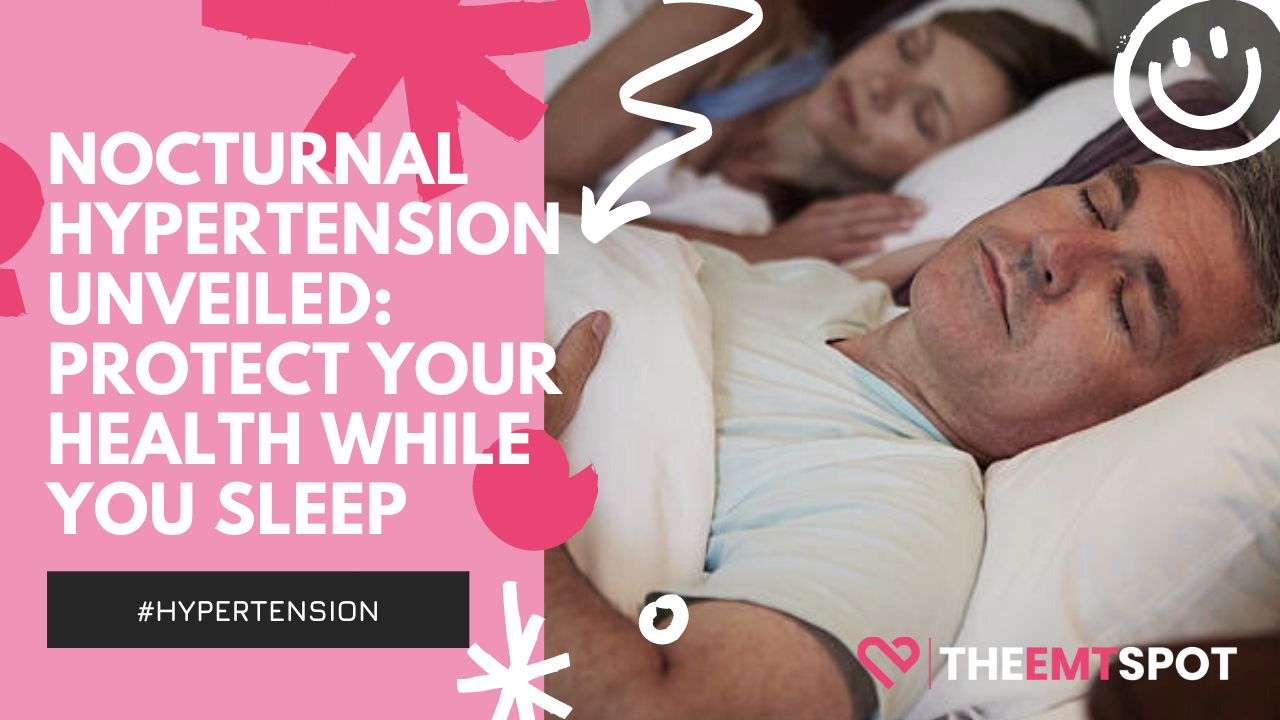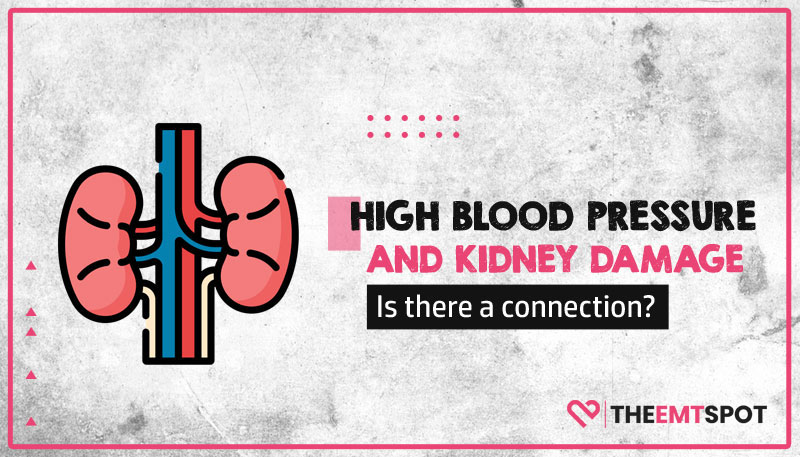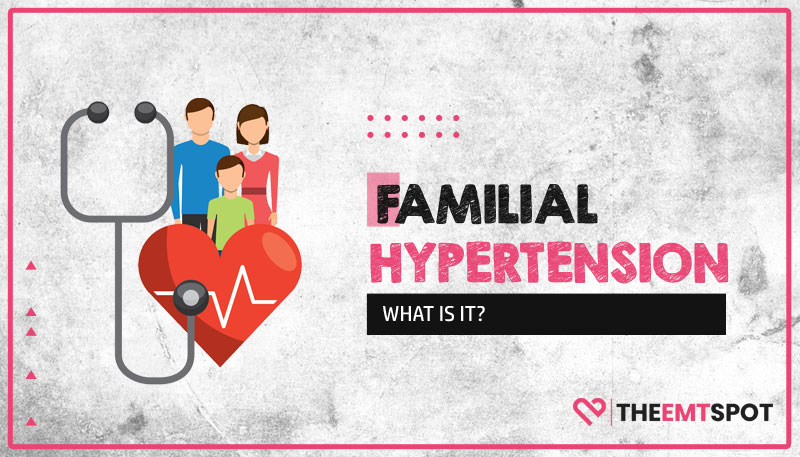High blood pressure and high cholesterol go hand in hand and are major risk factors for heart disease. Learn more about the connection and ways to control them.

Quick Summary
- High blood pressure and high blood cholesterol often occur together and can synergistically increase the risk of heart disease and stroke.
- High cholesterol can cause plaque buildup in arteries, narrowing the blood vessels and increasing blood pressure.
- High blood pressure can damage the lining of arteries, making it easier for cholesterol to build up and form plaque.
- Managing high blood cholesterol and high blood pressure through lifestyle changes and medication can help reduce the risk of heart diseases and strokes.
High blood cholesterol and hypertension are two of the most common health problems affecting millions worldwide. But the problem is, having one can lead to the other and put you at a much higher risk of having various heart diseases.
The good news is there are many solutions to manage and lower high blood cholesterol and hypertension. Even medications prescribed by healthcare professionals can help manage these conditions.
This post will explore the reasons for high cholesterol in the body and the connection between high blood cholesterol and hypertension, including how to manage both conditions.
Contents
What Causes High Cholesterol And What exactly Counts As Having High Cholesterol?
The liver produces cholesterol naturally, but consuming too many animal products that contain cholesterol can raise levels in the blood. Saturated and trans fats, found in many processed and fried foods, can also cause cholesterol to increase.
Other factors contributing to high cholesterol include lack of physical activity, being overweight or obese, smoking, and genetics.
Medical conditions such as diabetes, kidney disease, and an underactive thyroid gland can also lead to elevated cholesterol levels.
In general, the following are considered healthy cholesterol levels:
- Total cholesterol: 200 milligrams per deciliter (mg/dL) or less.
- LDL cholesterol: Less than 130 mg/dL
- HDL cholesterol: 40 mg/dL or higher for men, 50 mg/dL or higher for women
- Triglycerides: Less than 150 mg/dL
However, it’s important to note that ideal cholesterol levels may vary depending on a person’s gender, age, and other health factors.
How Are High Blood Cholesterol And High Blood Pressure Connected?
High blood pressure and high blood cholesterol are two distinct medical conditions, but they are closely related and can affect each other’s development and progression.
Here are some mechanisms linking high blood cholesterol and pressure:
- Atherosclerosis: High blood cholesterol can lead to atherosclerosis, a buildup of cholesterol and other substances on the walls of arteries. Atherosclerosis can narrow the arteries and reduce blood flow, which can cause the heart to work harder to pump blood throughout the body. This can increase blood pressure.
- Endothelial dysfunction: High blood cholesterol can damage the lining of the arteries, called the endothelium. This damage can lead to endothelial dysfunction, which impairs the ability of the arteries to dilate and regulate blood flow. Endothelial dysfunction can contribute to high blood pressure.
- Inflammation: High blood cholesterol can cause inflammation in the walls of arteries, which can lead to the development of atherosclerosis and high blood pressure.
- Renal function: High blood pressure can damage the kidneys, increasing high blood cholesterol levels. The kidneys play an essential role in regulating cholesterol levels in the blood, and when they are not functioning properly, cholesterol levels can elevate.
- Genetics: Some genetic factors can predispose individuals to high blood cholesterol and blood pressure, making them more likely to develop both conditions.
How Are The Arteries Harmed By High Blood Cholesterol And High Blood Pressure Together?
Both high blood cholesterol and high blood pressure affect each other. When there is excess cholesterol in the body, it can build up on the walls of arteries. As a result, arteries may become stiff and narrow, leading to increased pressure on the heart to pump blood through them which in turn can cause the blood pressure to rise.
Furthermore, high blood pressure can damage arteries over time by creating tears in the artery wall where the excess cholesterol can accumulate.
When both high blood cholesterol and high pressure are present in the body, they can interact and cause faster damage to blood vessels and the heart, even if they are only mildly elevated.
How To Manage High Blood Cholesterol And High Blood Pressure?
Eat a healthy, balanced diet low in trans and saturated fats and high in fruits, vegetables, whole grains, and lean proteins. Additionally, limiting your sodium intake can help control high blood pressure.
Regular physical activity can help improve cholesterol levels, lower blood pressure, and maintain a healthy weight. Try to do at least 2 hours and 30 minutes of medium-intensity weekly exercise.
Quitting is essential for lowering cholesterol levels and blood pressure if you smoke. Smoking damages blood vessels and can lead to the buildup of plaque, which can increase the risk of heart disease and stroke.
Take natural blood pressure supplements, this can help lower cholesterol levels and reduce blood pressure.
Last, managing stress levels through meditation, deep breathing, or yoga can help reduce blood pressure.
If these lifestyle changes are not enough, medication may be necessary to help manage high cholesterol and high blood pressure. Consult a professional to determine the best course of action for your needs.
Conclusion
In conclusion, uncontrolled high blood pressure and high blood cholesterol levels can significantly raise the risk of heart disease and stroke.
While these disorders can be effectively managed with medicine, modifying one’s lifestyle with a good diet, frequent exercise, and quitting smoking can also significantly lower the risk of developing both conditions.
You can manage these risk factors and protect your health by being aware, monitoring your stats, and collaborating closely with your healthcare provider.





 Robin Backlund is a dedicated journalist and a medical student who has written several articles and essays exposing the falseness and hollowness of online resources in the medical science niche.
Robin Backlund is a dedicated journalist and a medical student who has written several articles and essays exposing the falseness and hollowness of online resources in the medical science niche.